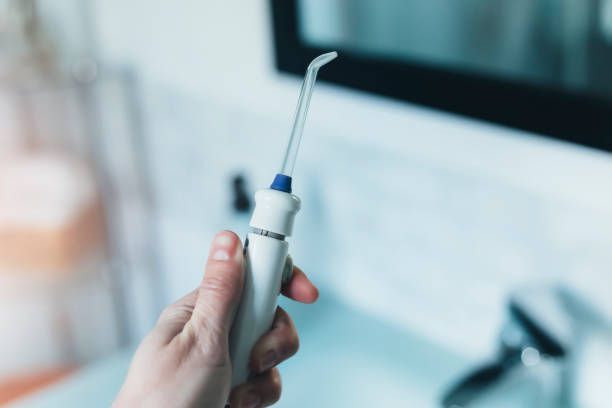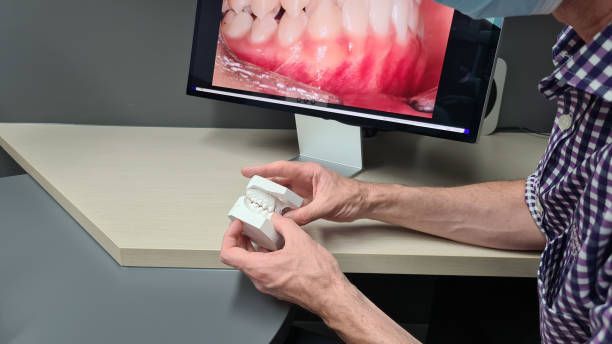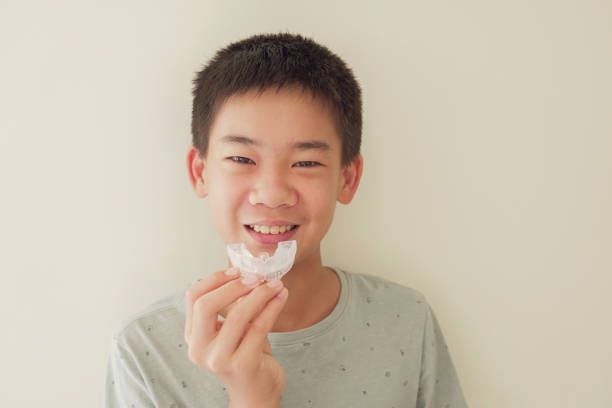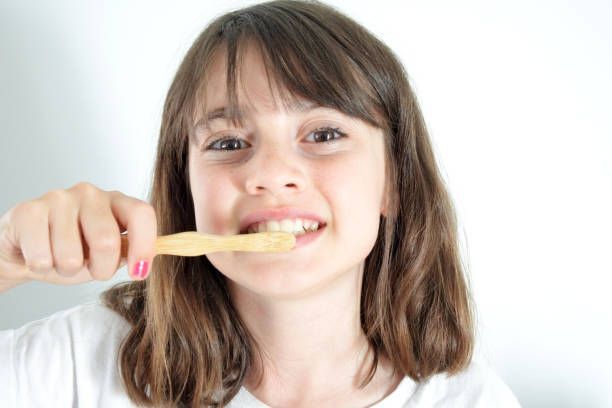FAQs
What does the first appointment usually involve?
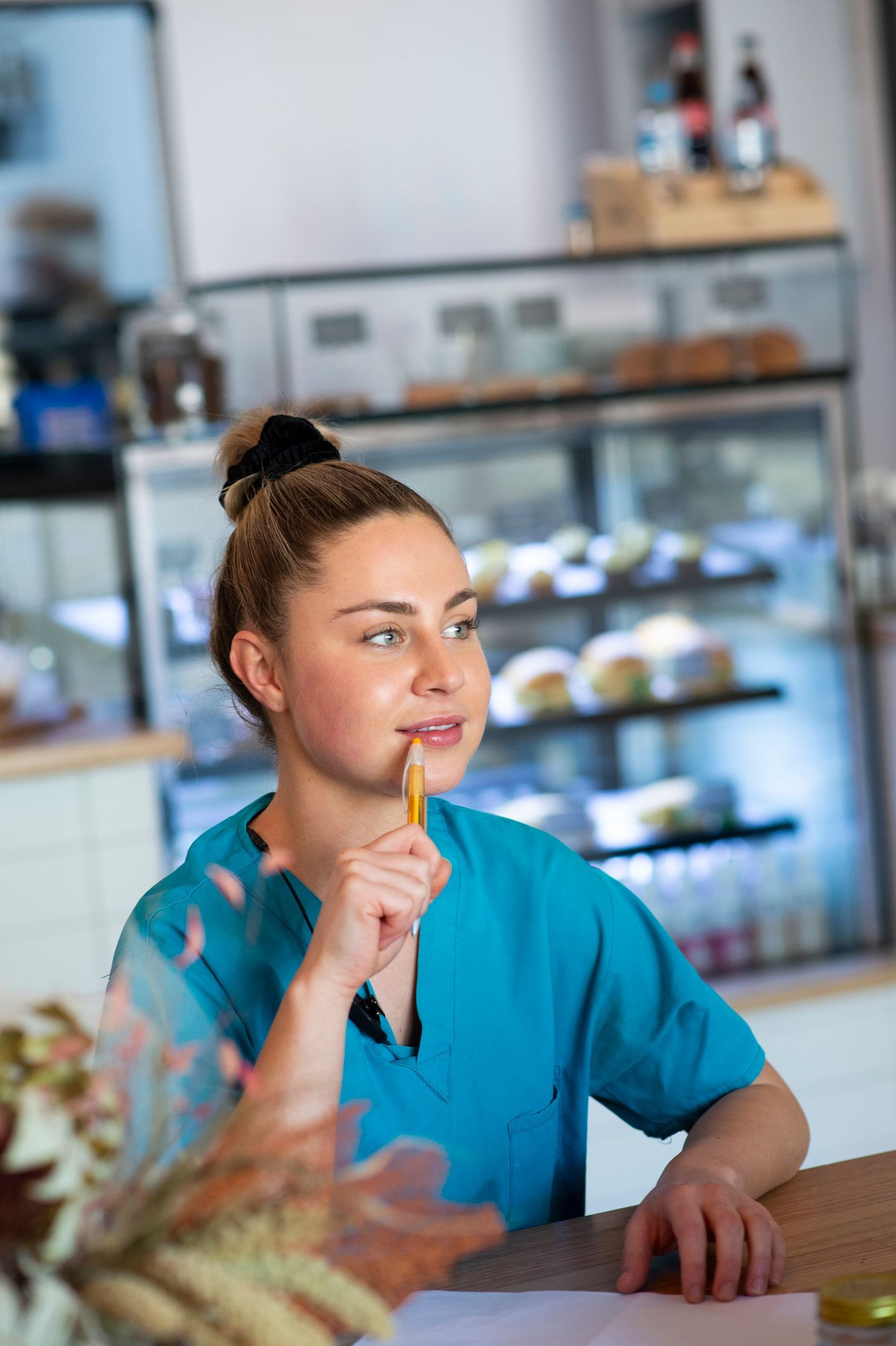
Your first appointment at the Golden Grove Dental Service will involve a session with one of our dental hygienists for Oral Prophylaxis of your teeth. We will discuss your brushing habits and techniques and give you some tips to help improve your skills. We will also discuss your diet and other lifestyle factors and how they can affect your whole mouth health. The dentist will thoroughly examine your whole mouth to assess for any required treatment, and some x-rays may be taken to help the treatment plan.
From here, your dentist will use the information gathered to formulate a treatment plan tailored to you and your needs, which will be discussed at a subsequent appointment. Multiple cleans may be required depending on how long it has been since your last clean or how much calculus is present.
What is Oral Prophylaxis?
Oral prophylaxis is more than a clean; it is a scientific approach to preventing the onset of diseases of the teeth and surrounding tissues. It involves fluoride treatment, saliva testing, diet analysis, oral hygiene instructions, and both mechanical and hand debridement of the teeth and gums to achieve whole-mouth freshness.
When should I first take my child to a dentist?
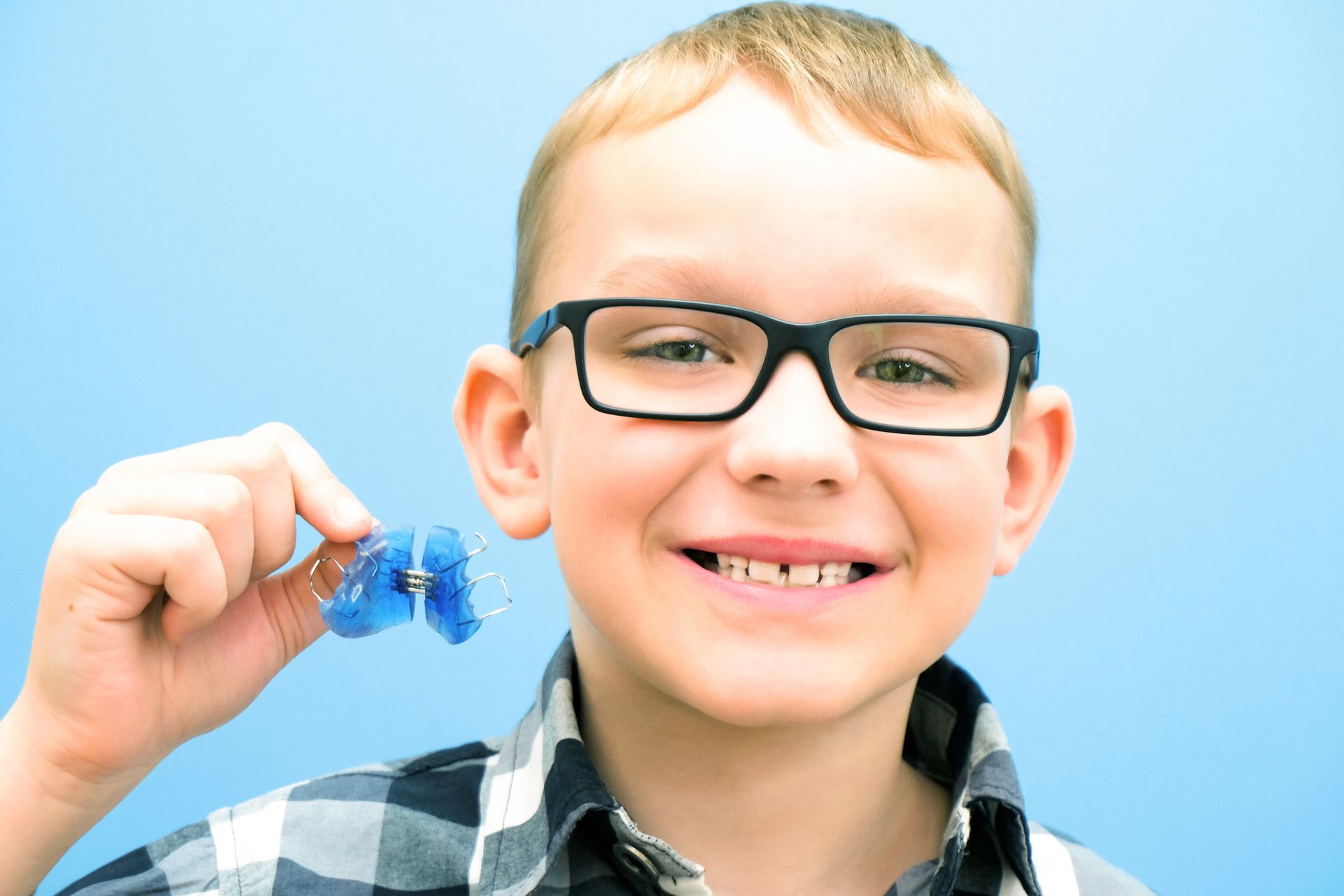
We recommend bringing your child to the dentist when you first see a tooth in their mouth or when they reach 12 months old. This is to help assess the normal development of your child's teeth and to show you the best way to care for your child's teeth. If you notice anything abnormal in your child's mouth, bringing the child to the dentist would also be a good idea.
For children under 18 years old, we offer no gap cleaning and check-up appointments, and we also accept the CDBS (Child Dental Benefit Scheme)
What is the best way to whiten teeth?
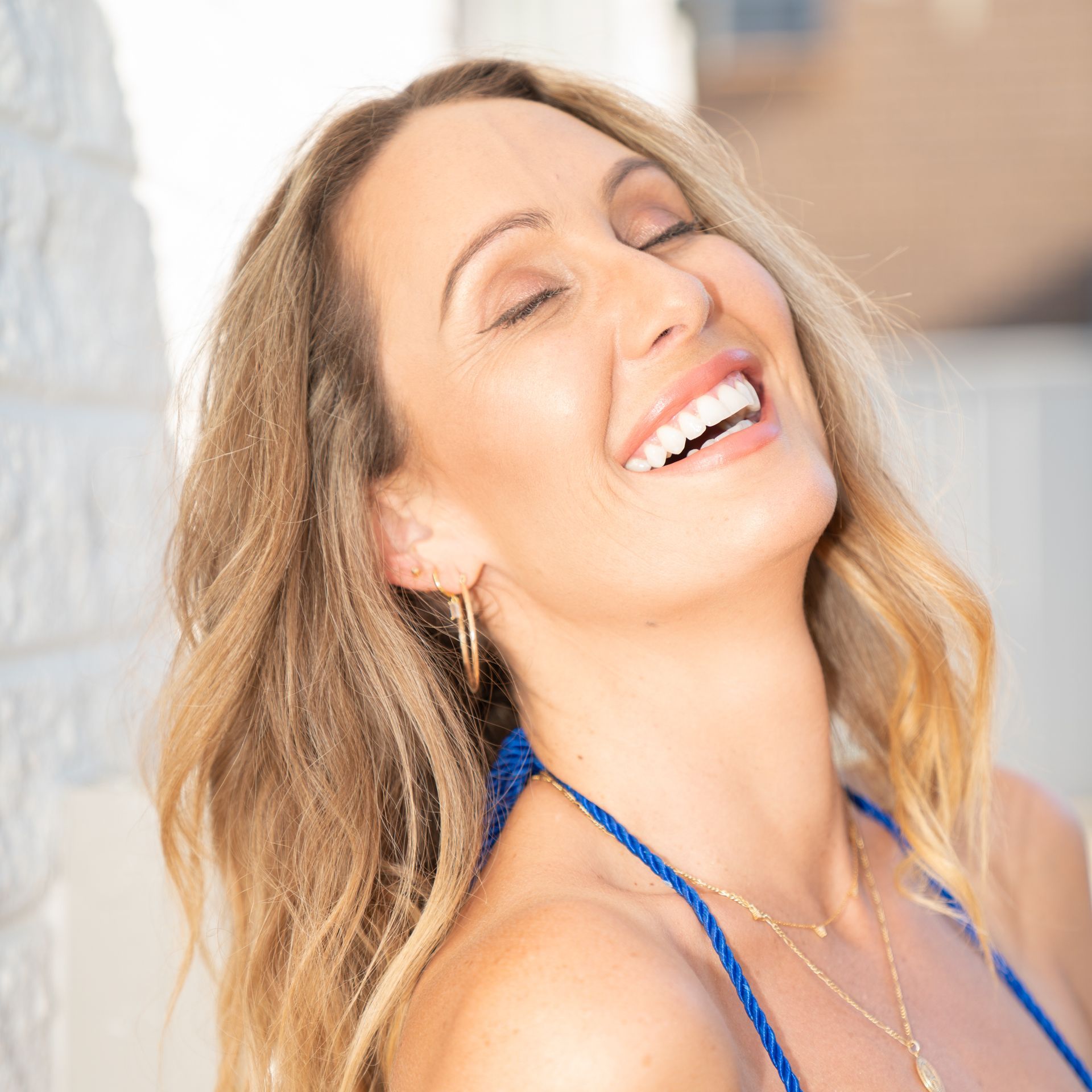
Golden Grove Dental Service offers in-chair teeth whitening with custom-made trays designed for your teeth combined with at-home whitening. We find this achieves the best results for our patients. It is important to have a consultation prior to whitening your teeth—sometimes, the darkness seen may have other causes, such as decay or old stained restorations, which is why a dentist needs to assess.
What finance options are available?
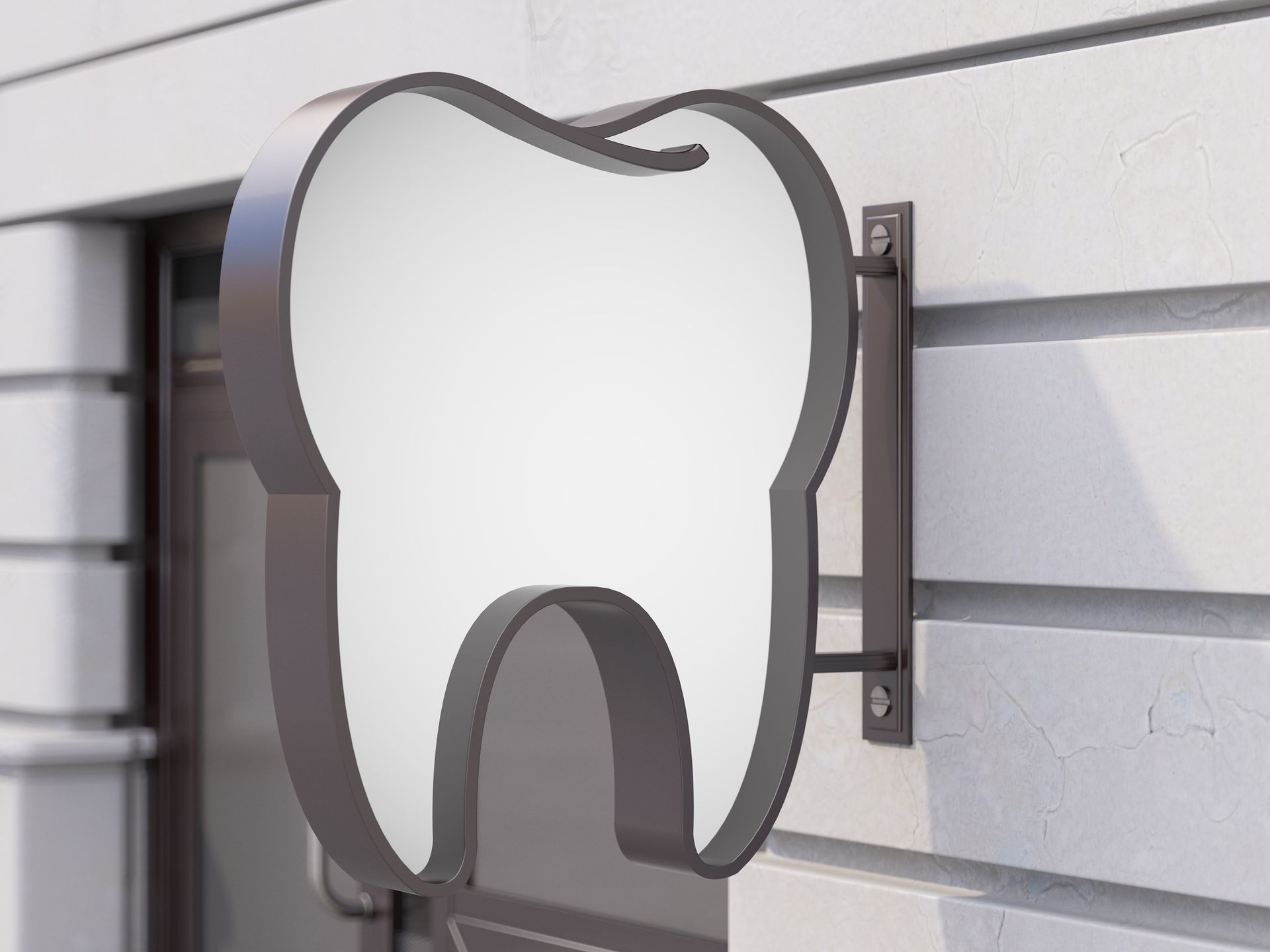
At Golden Grove Dental Service, we are an independent dental practice—as such, we are not linked with any particular health fund. However, we do receive a rebate from all health funds for services provided.
We accept cash, credit cards, and cheques as treatment payments.
We also offer payment plans through ZipMoney, which offers 6-month interest-free payment options for treatment.
I want to change the shape of my teeth; what options are there?
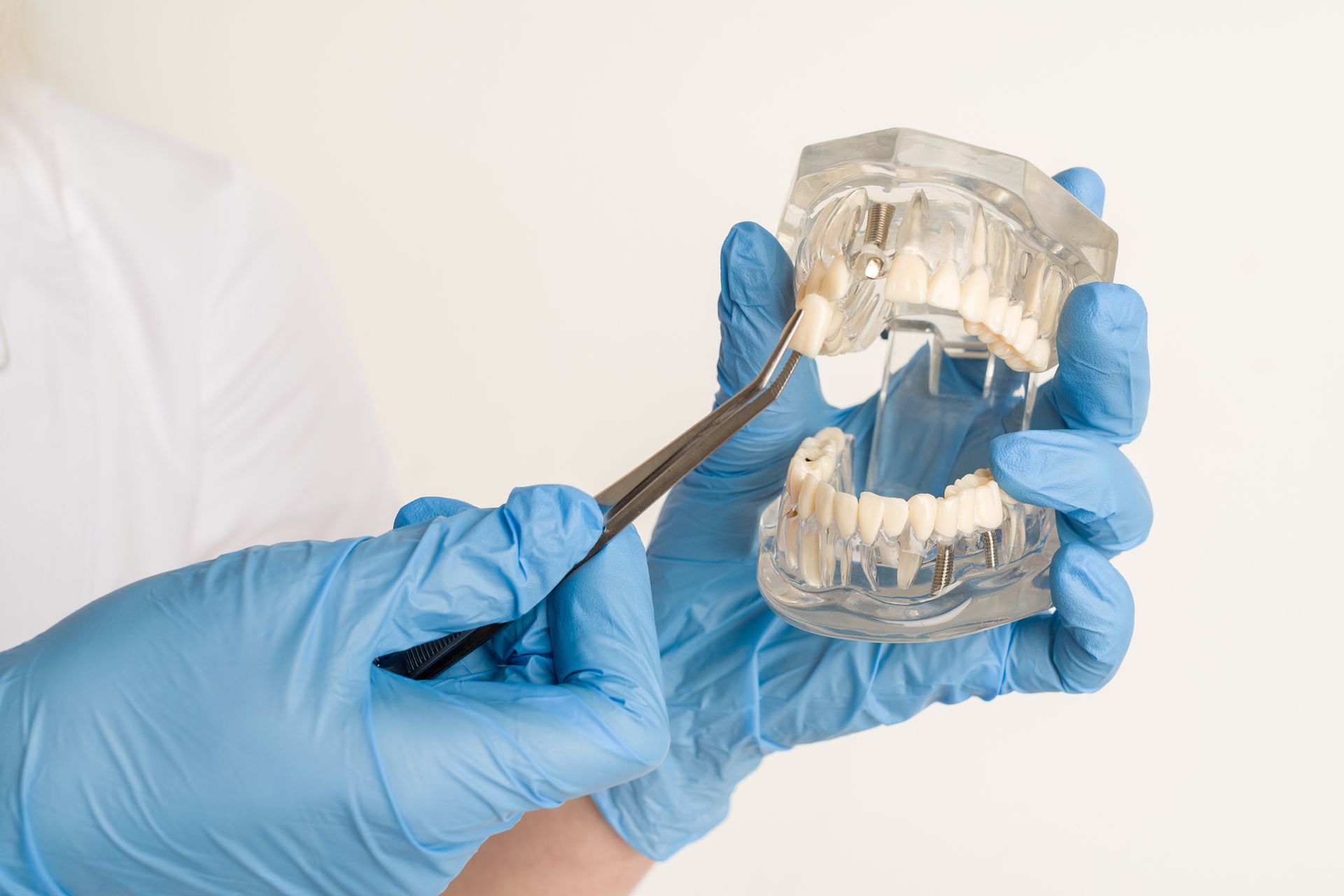
There are several ways to change the shape of your teeth. Depending on the issue, your dentist may recommend a consultation with a specialist orthodontist to change the positioning of your teeth. Other treatment options can include composite resin veneers, porcelain veneers, or porcelain bonded to gold metal alloy crowns. Depending on your specific concern, your dentist may suggest one treatment option that may be more suited to help you achieve your desired result.
I have sensitive teeth to cold. What should I do?
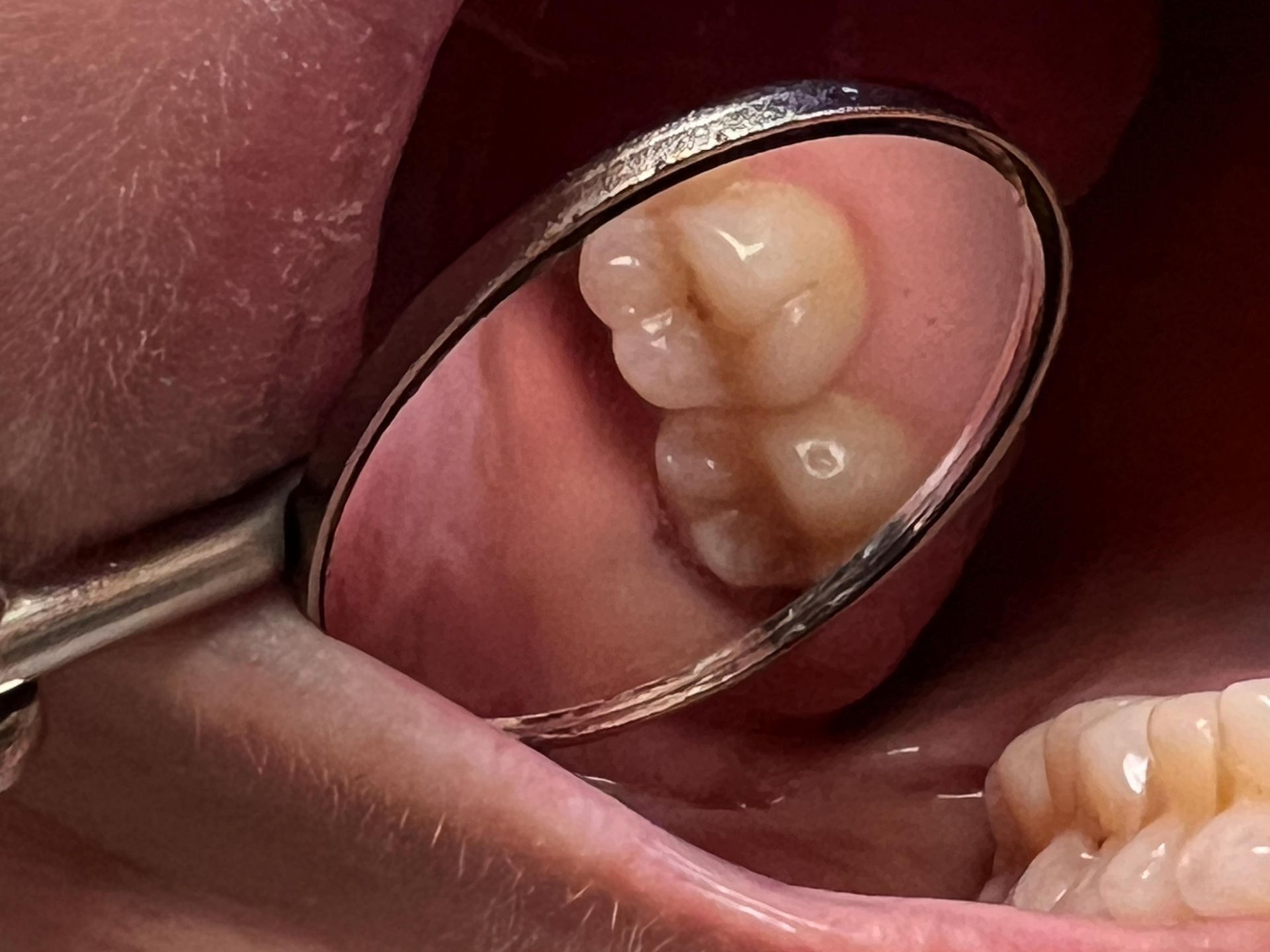
A tooth can be sensitive for a variety of reasons, such as clenching/grinding, toothbrush abrasion, erosion lesions caused by acid, decay, or nerve infection. It is best to seek advice from one of our experienced dentists as to what is causing the symptoms and what is the best treatment for you.
In the meantime, you can try using a toothpaste designed for sensitive teeth (e.g., Colgate ProRelief or Sensodyne). This can be used morning and night in place of your normal toothpaste. It can also be used to spot-apply in hyper-sensitive areas throughout the day, and you should avoid cold drinks and foods.
I have a sore tooth. What should I do?
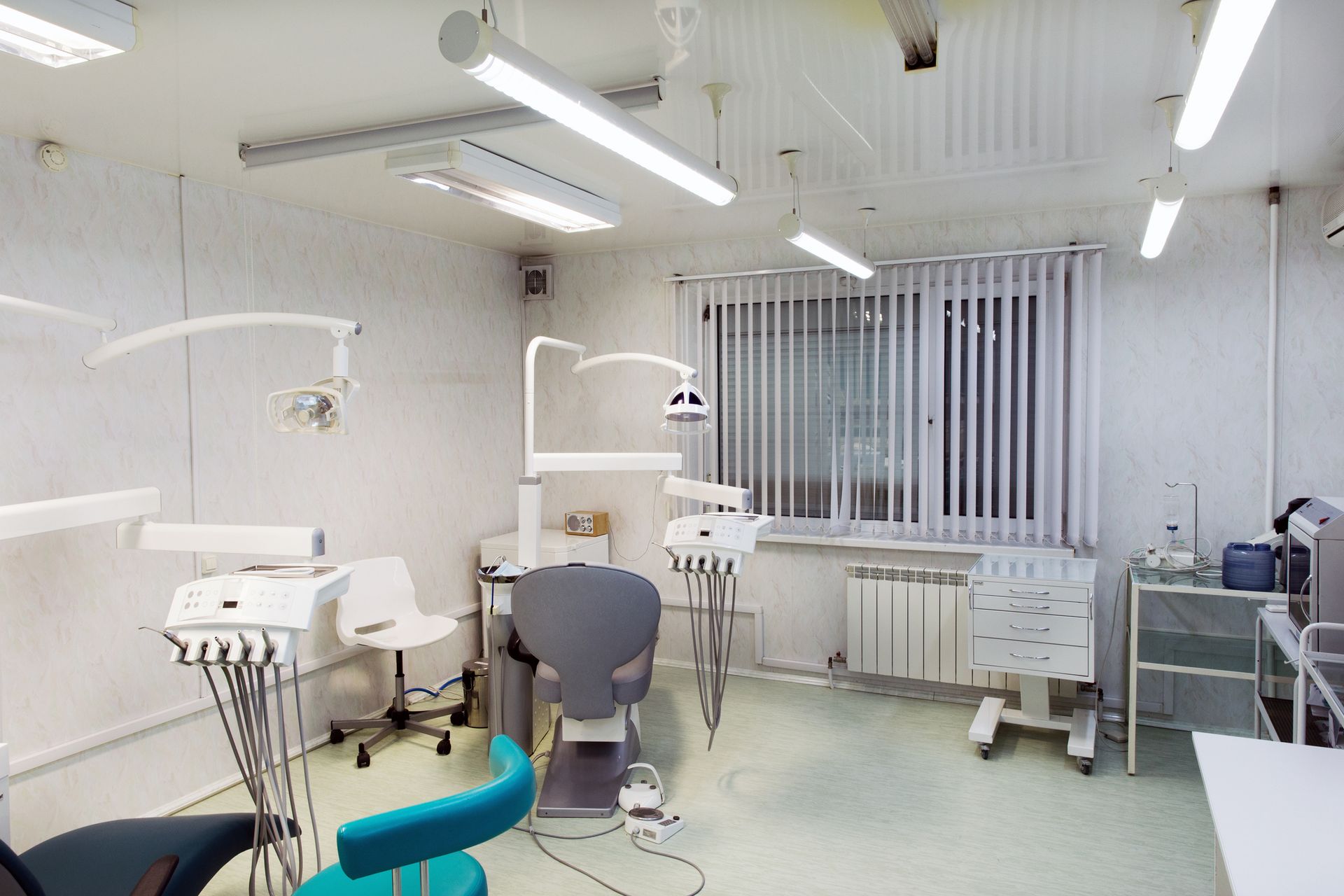
You should book a visit to see one of our dentists as soon as possible. If you delay seeing a dentist, the symptoms may continue or even worsen.
I can feel a hole in my tooth, but it doesn't hurt.

A tooth may not present with symptoms until the nerve of the tooth becomes inflamed. Sometimes, when this happens, it unfortunately means the nerve has died. Other times, the nerve may be severely inflamed. We recommend visiting one of our dentists as soon as you notice the hole to address it before symptoms occur.
My friend had their dental treatment done overseas. Is this safe?
As stated by the Australian Dental Association, dental tourism can seem appealing as it combines a 'cheap holiday' with dental treatment however, it does come with increased risks. While Australian dentists are trained to a very high standard, must be registered, and are required to operate in a strictly regulated environment, not all countries have the same requirements. The overseas dentist may not be as qualified as their Australian peers and may not be working with the same quality of materials as those routinely used here.
Also, long-term dental tourism can cost patients a lot more due to work failure or dental issues arising from work completed overseas. The risk of these failures or issues may have been prevented or minimised by having the work done originally in Australia.
If you feel strongly about going overseas for dental treatment, it is always best to research and ensure they meet Australian standards where possible.
Do you make mouthguards for sport?
Yes, we make custom mouthguards for all sports. These mouthguards can be made to the colour and pattern of your choosing, so if you would like them in your club colours, we can do this!
Our mouthguards are designed for each individual to get the most accurate and supportive fit possible – giving the best protection from injury!
My tooth got knocked out at sport, what should I do?
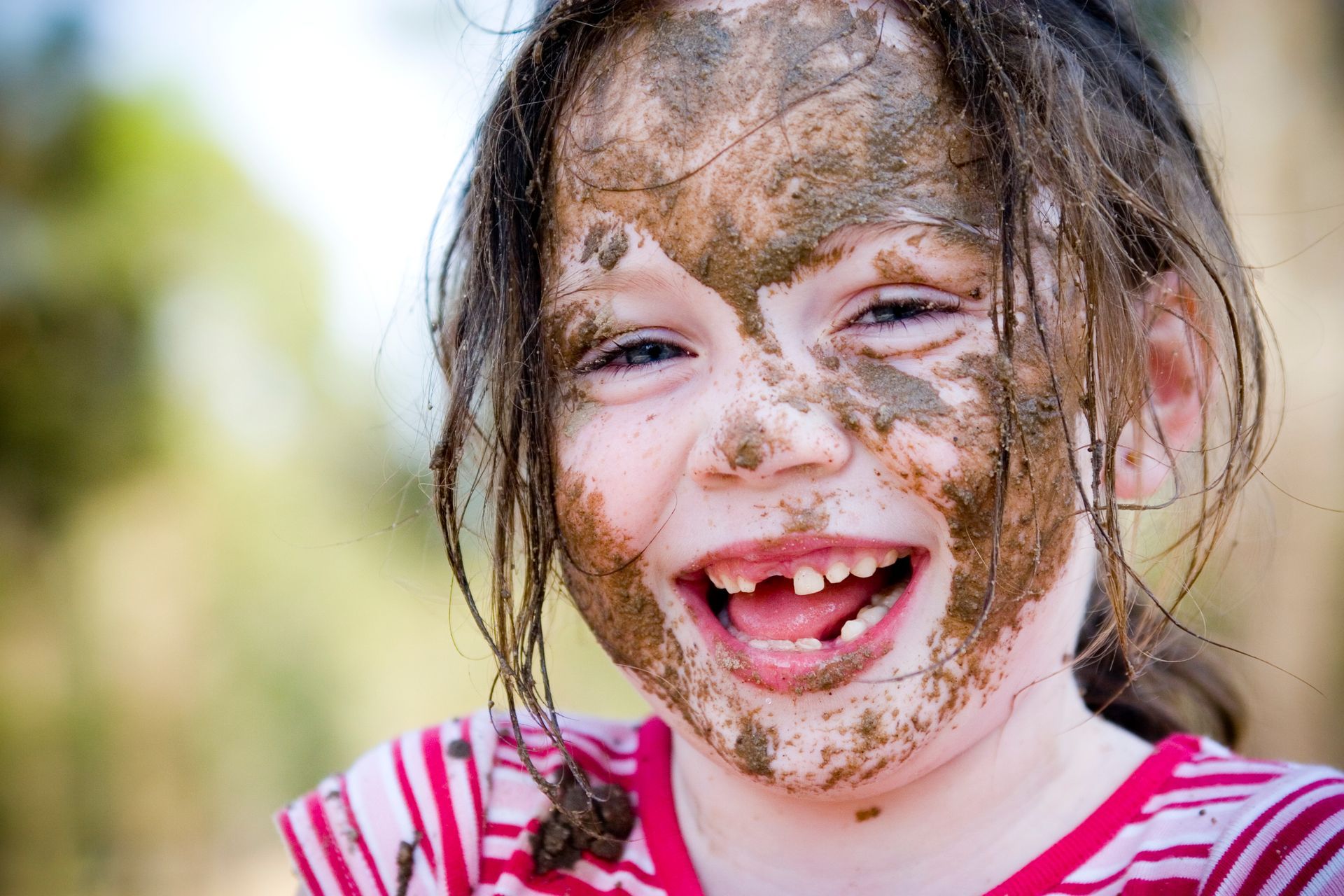
- Find the tooth and hold it by the crown only, not the root.
- If the tooth is dirty, rinse it in milk/water, but don't scrub or soak it.
- Place the tooth back in position, making sure it's facing the right way round; once in, gently bite down on soft cloth or gauze, or use aluminium foil or your mouthguard to hold it in place. Do not replant a baby tooth.
- If you can't replant the tooth, transport it in milk or saliva (it can be kept in the mouth under the tongue or tucked in between your cheek and teeth).
- See one of our dentists as soon as possible.
For other advice on dental trauma, try downloading the ToothSOS app, which gives guidance on what to do in different dental trauma situations.
Do you accept health fund cards?
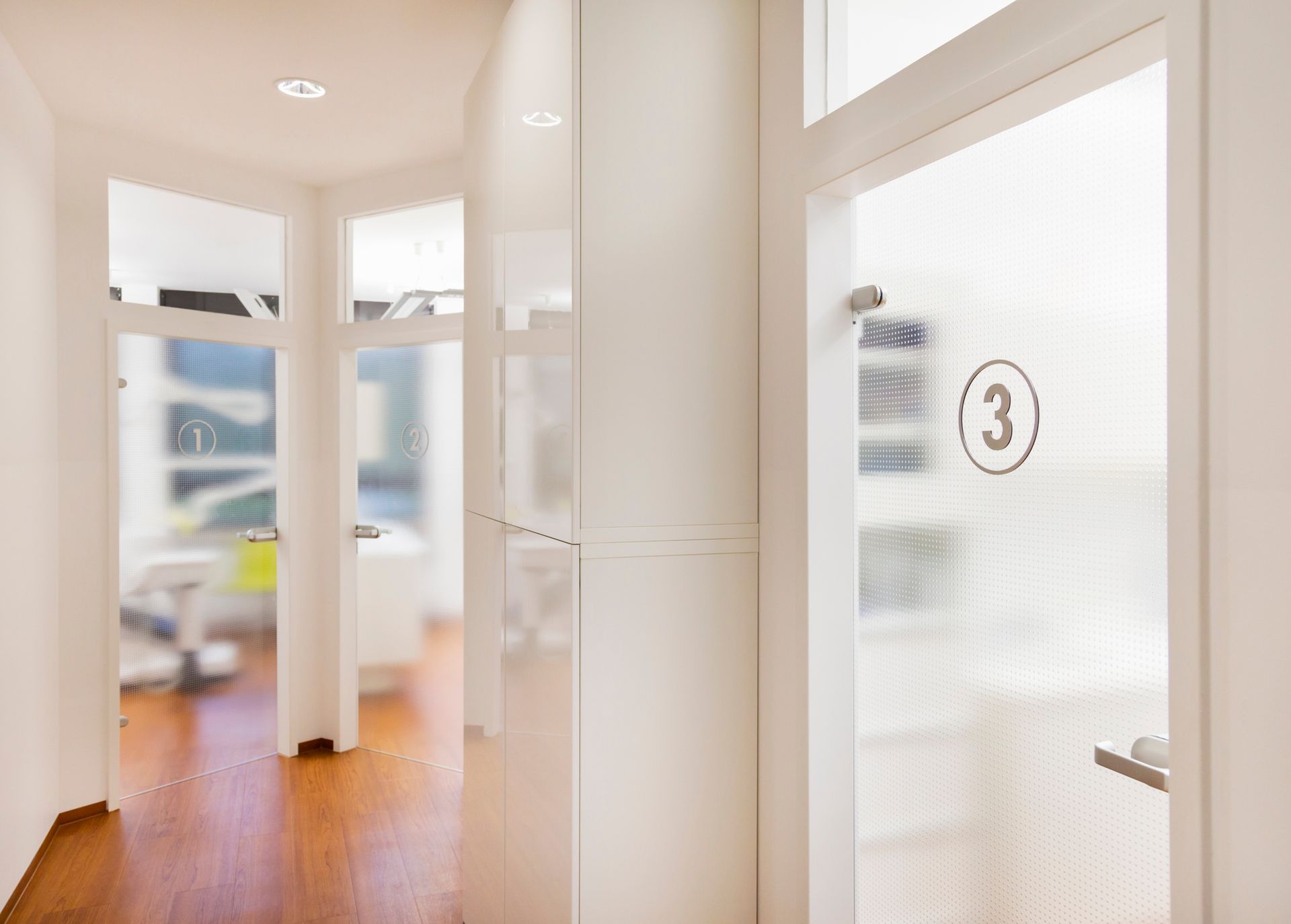
We accept all health fund cards and will take payment from the health fund with only the gap charge being passed on to you; however, we choose to be an independent dental practice and do not have affiliations with any health funds.
Do you offer payment plans?
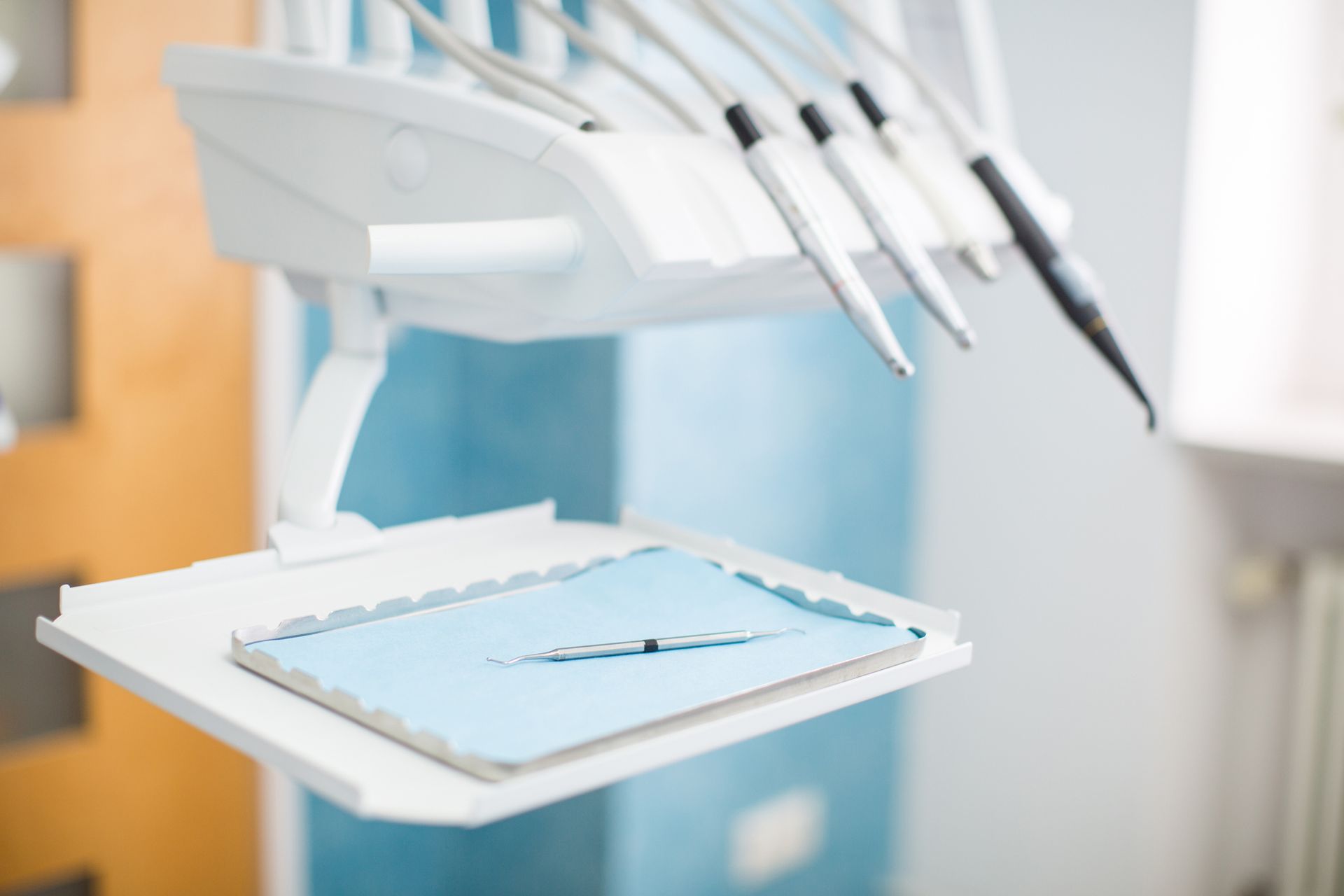
We offer payment plans through Zip Money, which offers six-month interest-free payment options for treatment. Ask one of our friendly staff for more information!
What does 'accredited' mean for me?
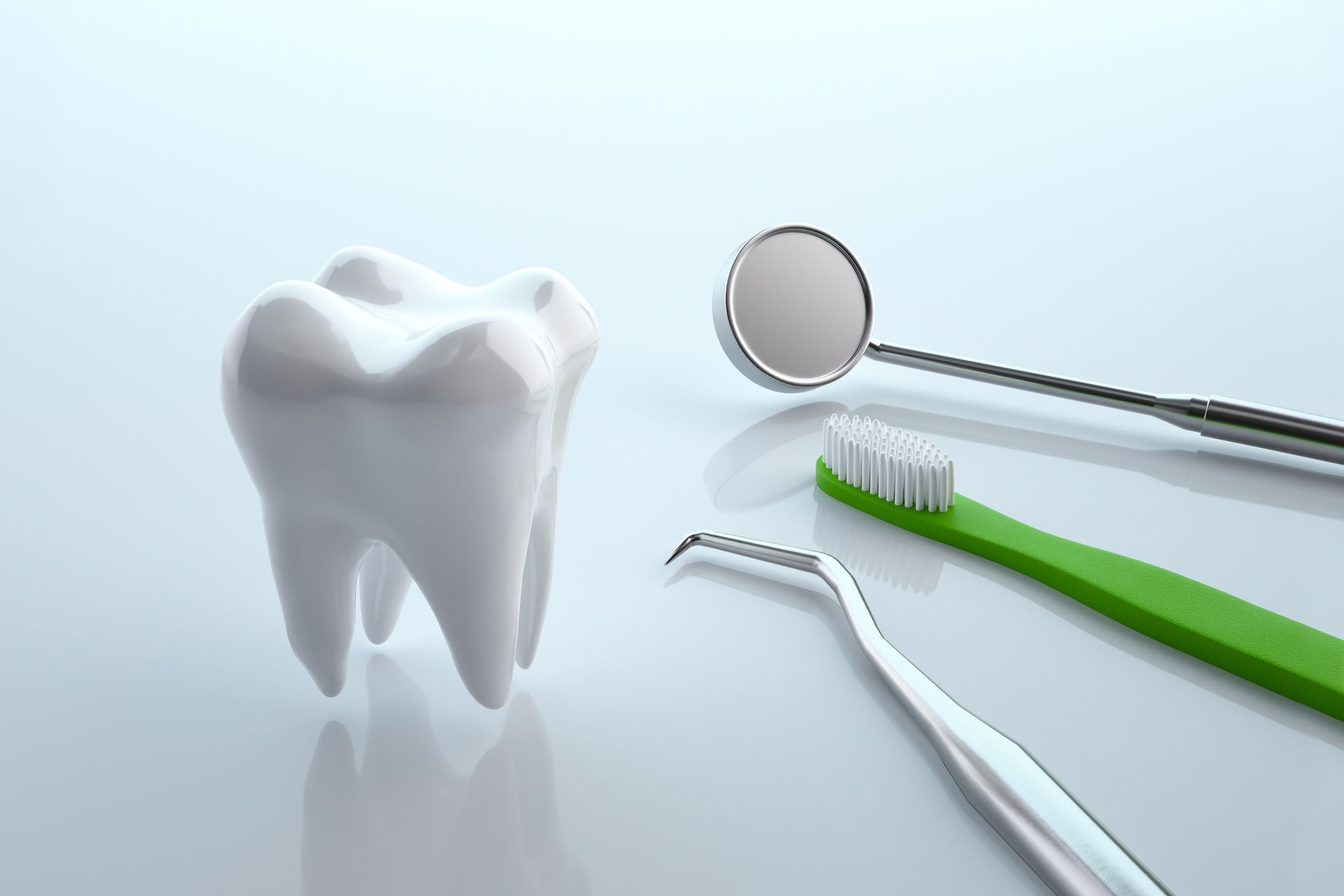
Accredited means we have been assessed and marked against the NSQHS (National Safety and Quality Health Services) standards to ensure the practice provides the highest quality health care treatment to our patients and consistently operates at the highest standards.
This means you can put your trust in us and our processes as they have been certified by QIP, where we were awarded the accreditation status for the second time in July 2018.
Where are your crowns made?
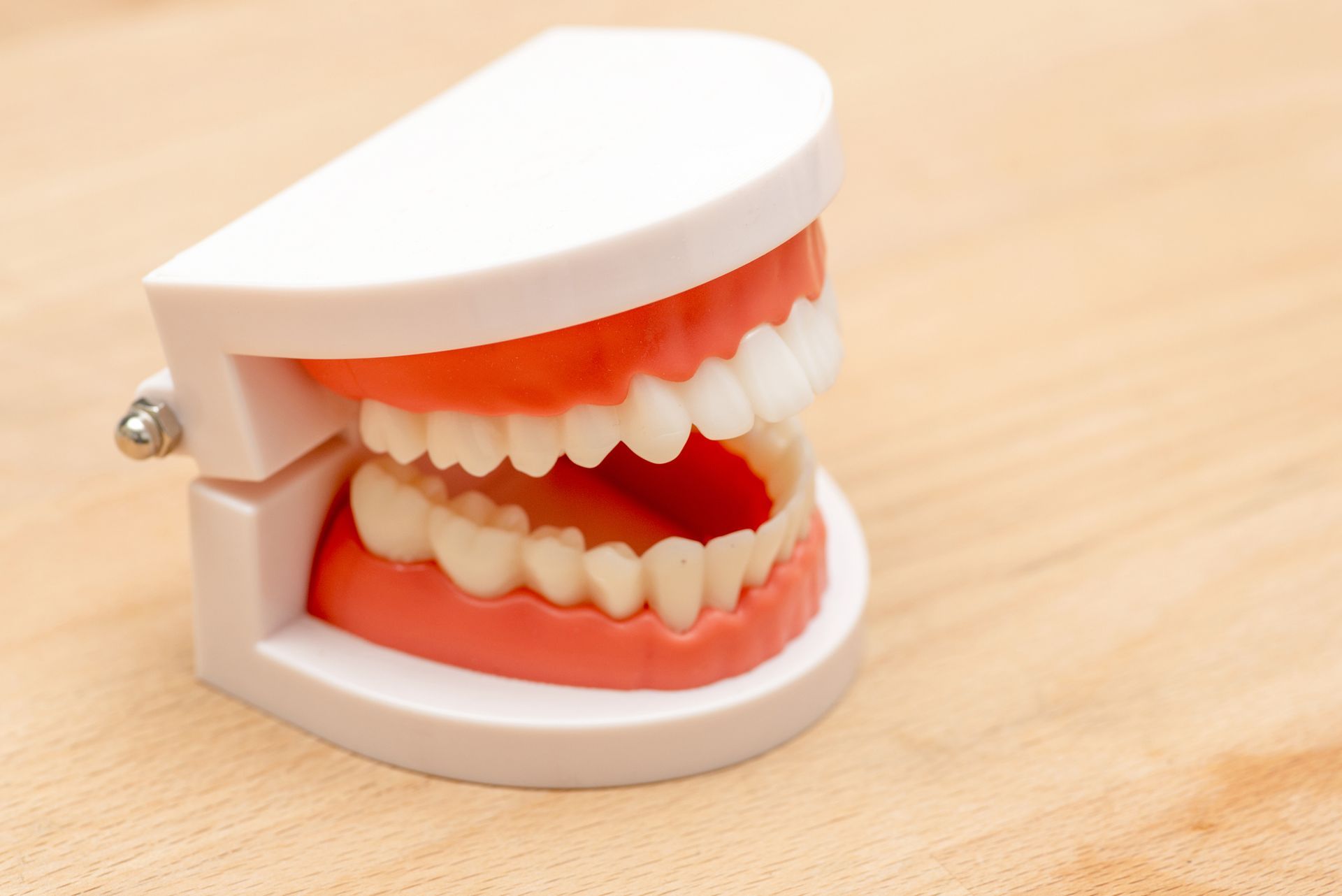
Our crowns are gold platinum palladium bonded to pure porcelain from Liechtenstein. They are hand-made in a local Adelaide-based laboratory by a technician using the mounted models we have pre-fabricated, and an accurate master impression is taken after the crown preparation.
Why do I need X-rays?
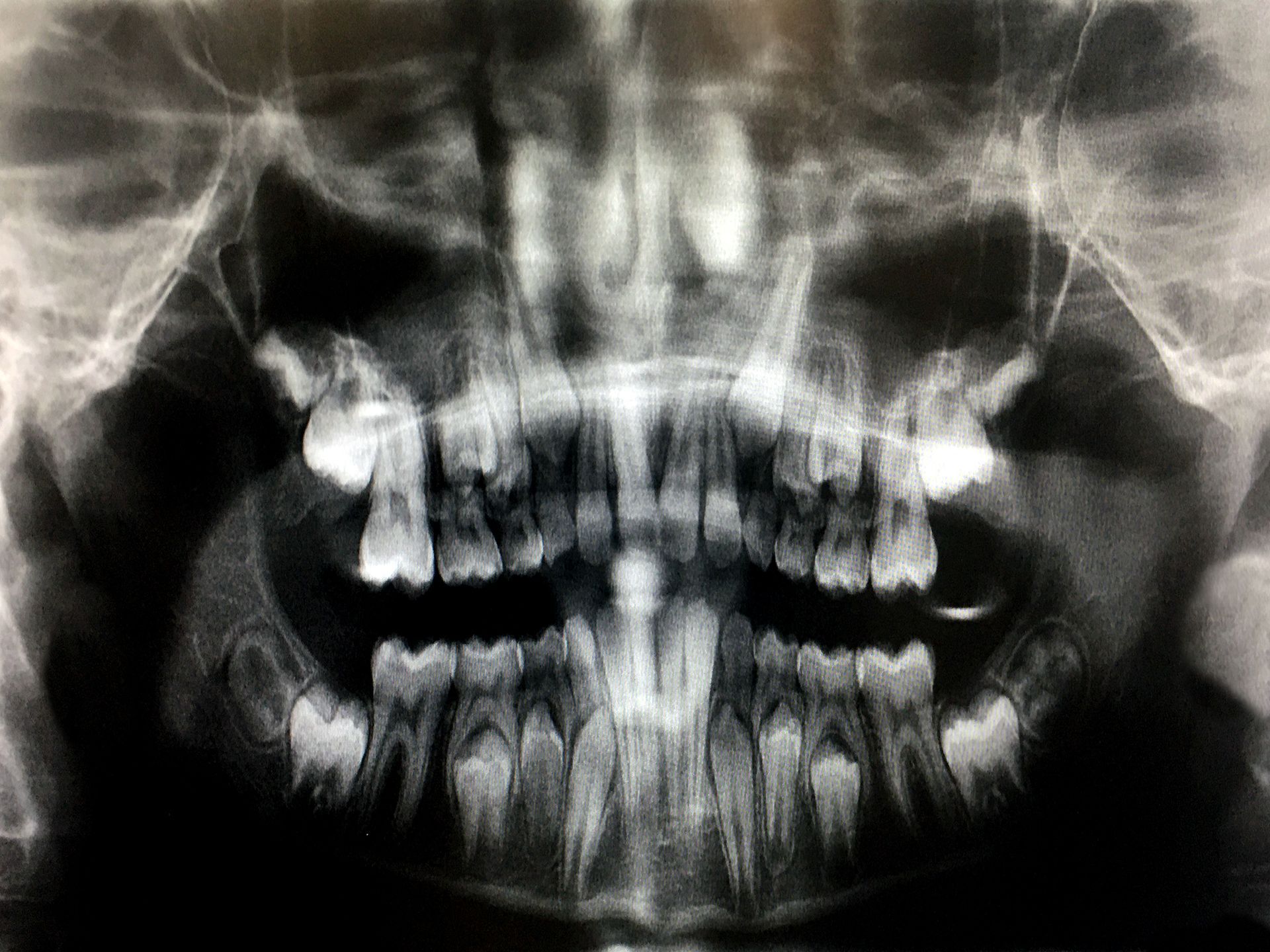
X-rays are an important diagnostic tool that can help us detect dental issues such as decay, infections and bone loss. Without them, we can't always diagnose the extent of these diseases.
Why do I need a scale and clean?
Scale and cleans are preventative treatments that help remove the build-up of plaque and tartar, also known as calculus, which is something that your normal tooth brushing and oral hygiene habits cannot remove. The hygienist will also assess your diet and brushing techniques to be able to give advice on ways to improve your oral hygiene. You will also receive fluoride treatment, which helps protect your teeth from decay.
Secure Your Appointment Today:

